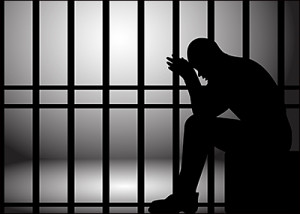Could-a, Should-a, Would-a: A Lesson in Ethics
By Stephen Shepherd, Marketing –

By promoting ethics and accountability, companies can help their employees resist the temptation to engage in fraudulent activities.
Getting caught doing something wrong makes people feel an intense combination of emotions. Most of us experience regret or remorse for having done wrong. Some people, however, have no contrition; they only feel bad about getting caught.
Real World Examples
A recent Reuter’s article outlines the crimes of at least five mayors in Florida, all recently accused or found guilty of corruption. Crimes include using their positions to lobby unlawfully, receive illegal compensation, accept kickbacks, evade taxes, lie to authorities, and participate in fraud schemes. Some pleaded guilty and the others claimed their innocence. There is no way of knowing if the guilty parties are truly sorry or just upset they got caught.
Would elected civic leaders abuse their power if they had known they were going to be screened for corrupt activity? I suggest their behavior would have been modified. Understanding the real consequences of behavior and regularly enforcing those consequence has the power to transform us to help us avoid myopic decisions.
Establishing an Ethical Baseline
Lie detection solutions have become more reliable than ever, but even with this technology, the issue remains that we would have to define ethical behavior.
For example, when is it OK to lie? At what point does finding tax loopholes become dishonest?
In the article mentioned herein, we read about a mayor who moonlighted as an outside consultant for a healthcare company while in office. He was charged with felony counts of illegal compensation, but he argued that he was able to separate public and private duties.
How can we define or quantify the ethics at play in his motives and decision?
Accountability
I believe that our involvement in unethical or dishonest behavior in the workplace and in relationships would decrease significantly if we believed others would hold us publically accountable for all of our actions. In this way, we could prevent a lot of misdeeds and poor decisions from ever happening if accurate lie detection technology were available to us and if people understood that they could be subject to testing under appropriate circumstances.
Understanding accountability should help people make better decisions. When we know we will be held responsible for our actions, we avoid dangerous situations that we wish we could-a, should-a, would-a stayed far away from in the first place.

